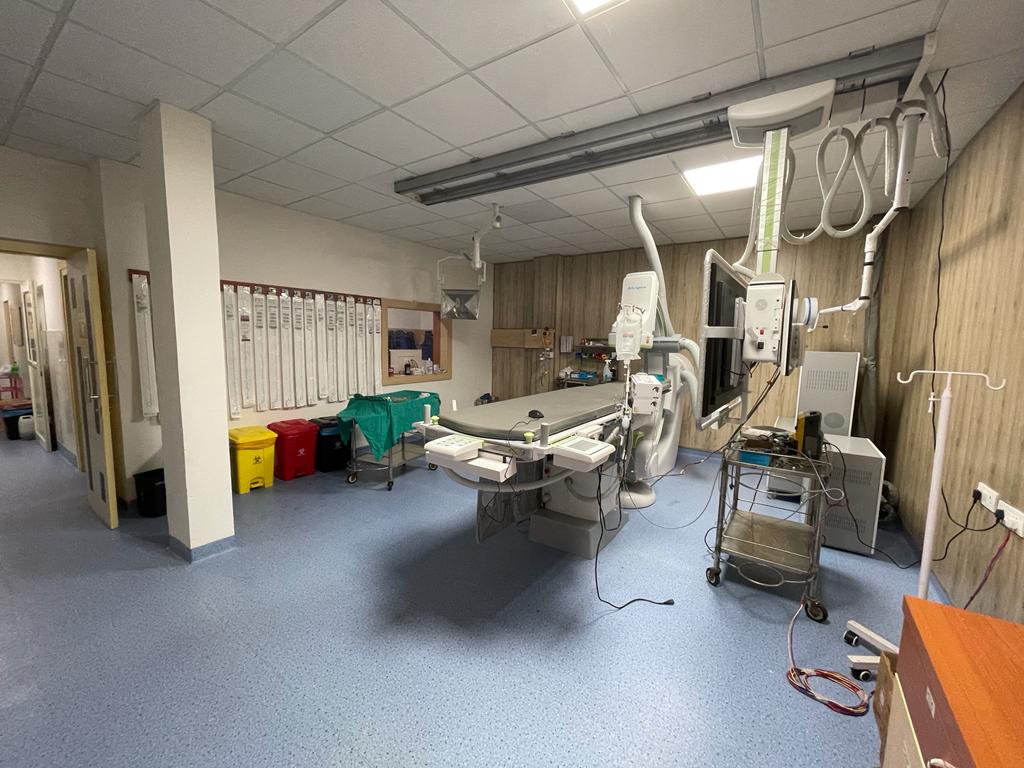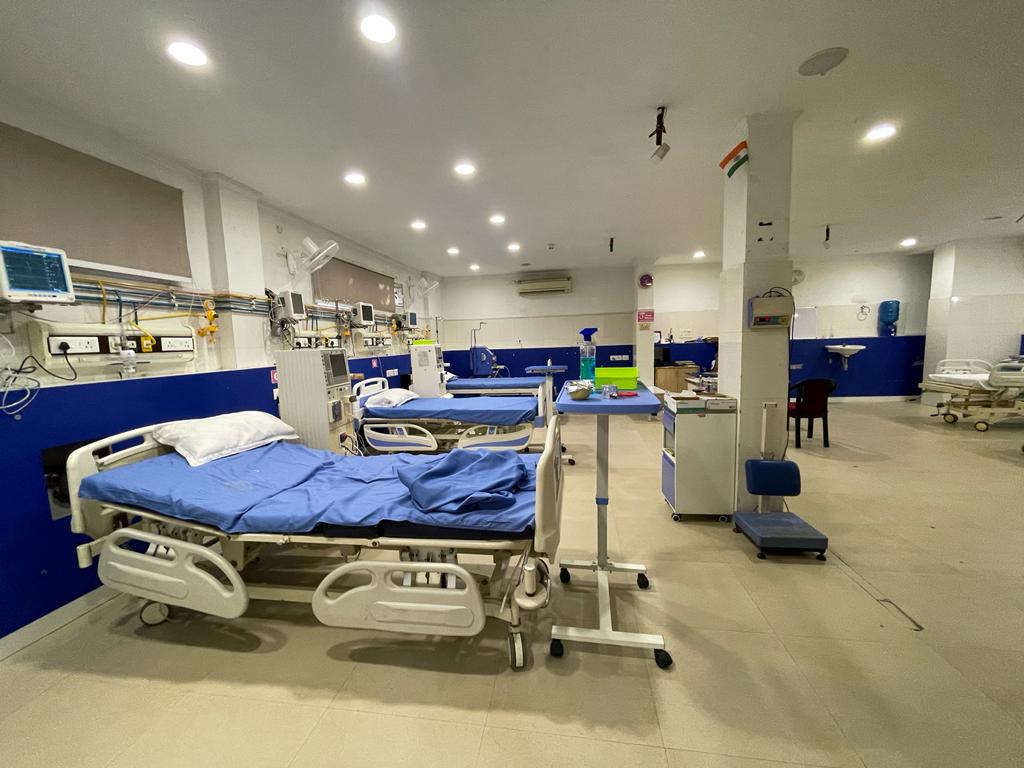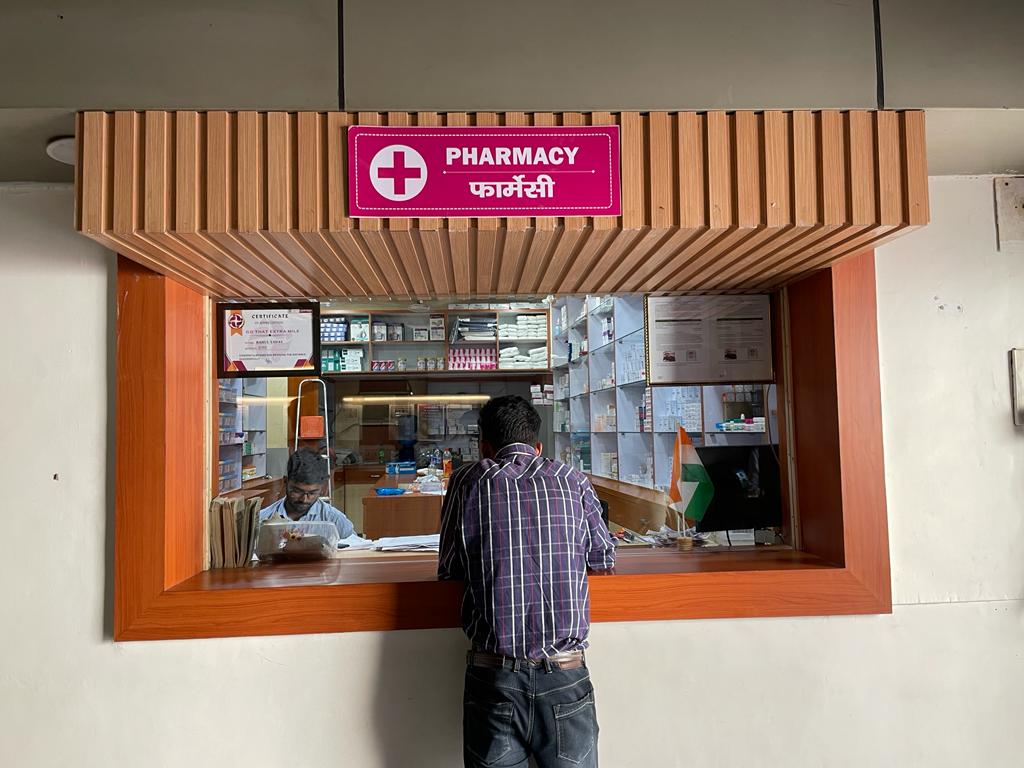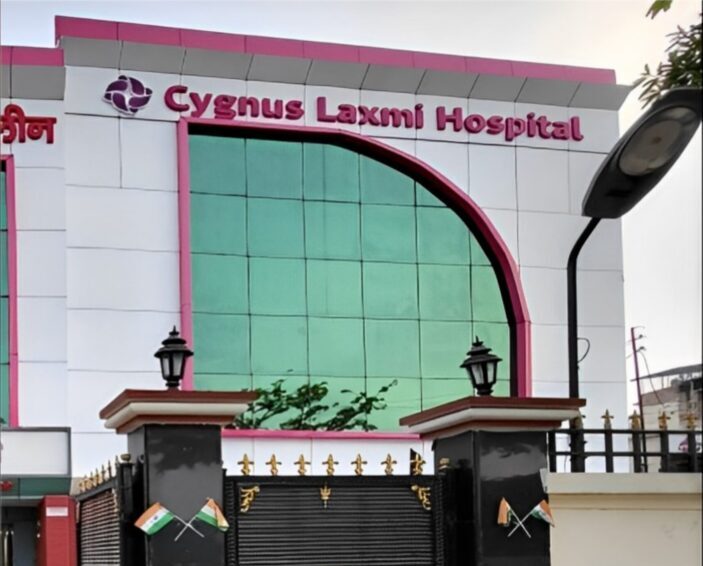Types
There are several types of gynecologic cancer, including cervical cancer, uterine cancer (endometrial cancer), ovarian cancer, fallopian tube cancer, vaginal cancer, and vulvar cancer.
Each type has its own characteristics, risk factors, and treatment approaches.
Treatments
Our efficient oncology team decides treatment protocols for gynecologic cancer depending on the type and stage of the disease.
It may involve a combination of surgery, radiation therapy, chemotherapy, targeted therapy, or immunotherapy. The treatment plan is tailored to the individual’s specific situation and may involve a multidisciplinary team of healthcare professionals.
Recovery
Recovery from gynecologic cancer varies depending on factors such as the stage of the cancer, the type of treatment received, and the individual’s overall health.
It may involve physical healing, emotional well-being, and the management of potential side effects. Rehabilitation, follow-up care, and lifestyle adjustments may be necessary.
When to see a doctor?
It is foremost to see a doctor if experiencing symptoms such as abnormal vaginal bleeding, pelvic pain, persistent abdominal bloating, changes in bowel or bladder habits, or unexplained weight loss.
Early detection and timely treatment greatly increase the chances of successful outcomes in gynecologic cancer.



















